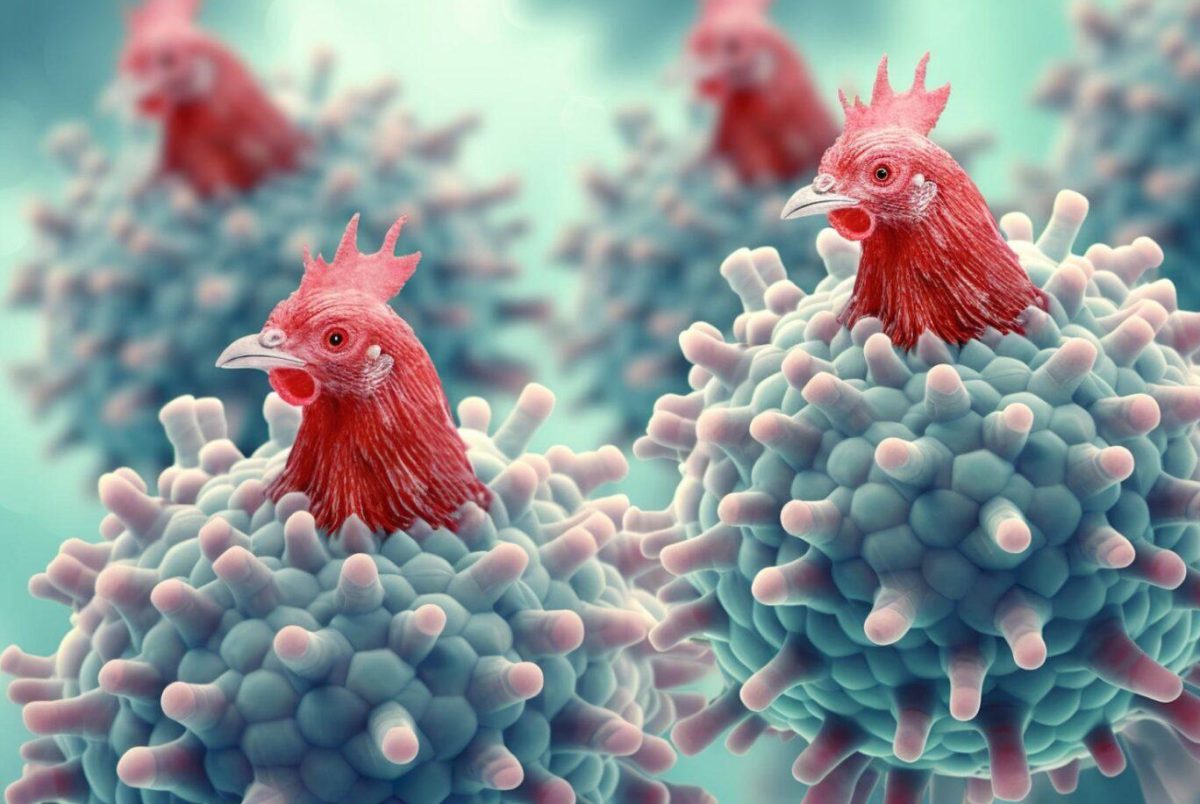GROSSMONT COLLEGE – What is a major obstacle to solving the homeless problem? Russell Lindquist, a former GC Summit editor who experienced homelessness as a student, says one is most people’s inability to sustain their interest in solving problems.
He says there is similarity in society’s reactions to homelessness and to suicide. When someone like Junior Seau commits suicide, people will talk about it, and want to do something to prevent other suicides from occurring. Inevitably, however, something else will come along to command people’s attention. The same is true even after people become aware of the human dimension of homelessness, Lindquist told me.
Lindquist is one of the most hardworking individuals I have ever met, yet he has experienced all the hardships of homelessness, including being stared at in a demeaning way and sleeping in places where many wouldn’t.
Through Lindquist’s insights my view on homelessness has changed. I think about why life can spiral downward for kind and hardworking people. Why do people who want to live have to try so hard, when the nation we live in promised us a good life? When did life become a privilege rather than a right?
Due to the cost of living many have fallen victim to Social Darwinism. Without money or a job they suddenly find themselves struggling, when others are just happily living life. At Grossmont College, there are numerous less fortunate people working their hardest for a better future; a future in which happiness rather than struggle could be their daily companion.
Causes of becoming homeless could be losing a job, criminal activity, or damaging past experiences. Any of these can cause a drastic change in a person’s life. What they used to be able to buy they can’t; the way others look at them has changed; and their own views of life have also changed.
The homeless life may be the hardest life to live in this world especially in today’s society where people are categorized by their social class; background checks lead to damaging assumptions; and economic standing determines what pieces of life we can enjoy.
Unless there is sustained interest in homelessness, there will always be a person in the middle section of the street waiting for the light to turn red so he/she can ask drivers for money.
Without sustained interest, homeless student counts well keep on increasing. Without sustained interest, dirty looks will continue to occur, the number of people having hard times will increase, and slowly the smiles of this generation will fade to the point where “every student will be as depressed as the person to his/her right or left,” Lindquist said.
As a result of our never-ending wish to be happy, those of us with homes to go to, remove from our thoughts the negativity of the homeless situation. While it’s okay to be happy and not always think about sad topics, eventually a person needs to take action to fix the sad problem so others also can be happy.
Homelessness is a nightmare that many of us do not want to experience. Having to sleep on the street, a bench, anywhere where there’s no comfy bed, fluffy pillow and warm blanket kills the body. Having no place to call home, no warm embrace to welcome you home and no infectious smile from your kids, spouse or any close person are parts of a nightmare.
The homeless are currently experiencing a nightmare, not in their dreams but, in real life. If homelessness became a sustained interest of society, the nightmares they experience might eventually be gone.
*
Asuncion is arts editor of the GC Summit. He may be contacted at [email protected]







